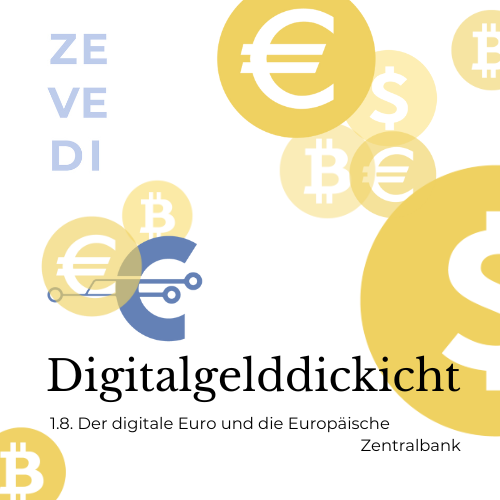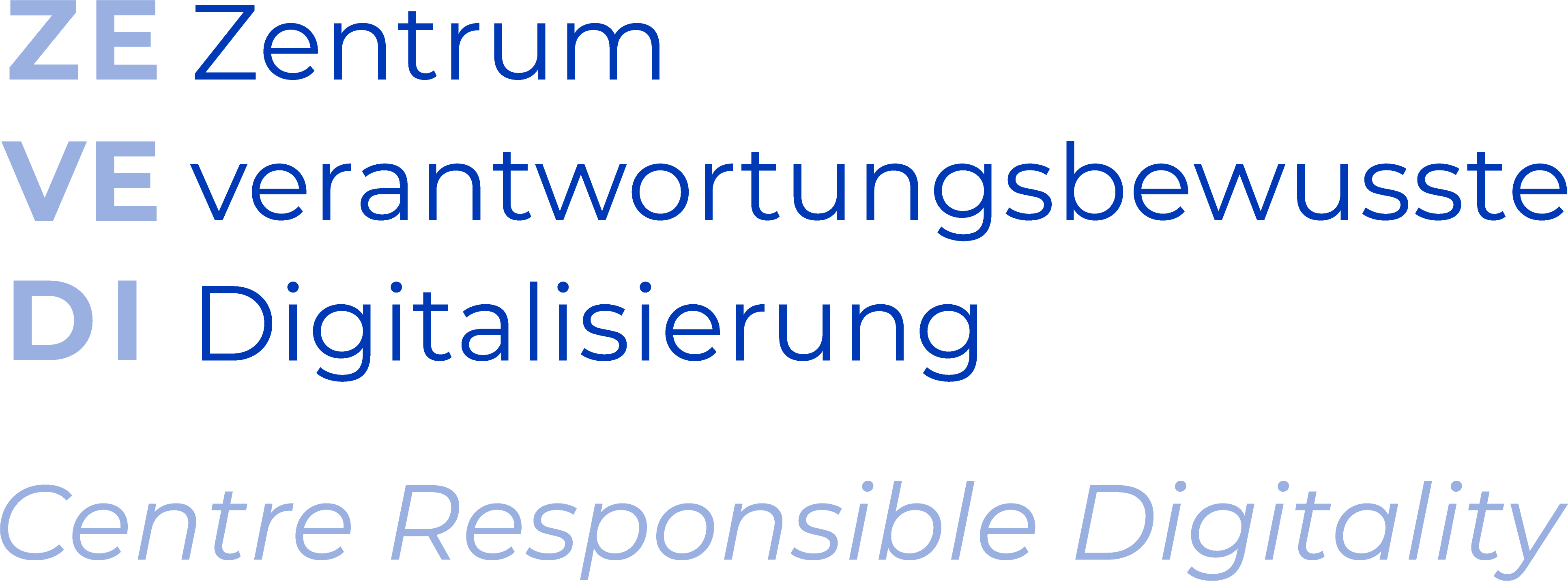
When the digital euro is introduced, it will be provided by the European Central Bank (ECB) and the central banks of the Eurosystem. However, the exact design of this digital currency is still the subject of intense discussion and is expected to take several years. However, the ECB has been investigating such a central bank digital currency (CBDC), since at least 2020. An initial preparatory phase was launched last fall and certain decisions, even if not final, have been made.
In this context, some critics accuse the ECB of being too accommodating to the interests of commercial banks. At the same time, it is precisely these commercial banks that are warning the loudest and claiming that a digital euro would intervene too much in the payments market and would jeopardize their business model. This episode of Digitalgelddickicht therefore takes a look at the mandate and tasks of the ECB and explains why and how it is already working on the digital euro. In an interview with Jürgen Schaaf, an Advisor to the Senior Management of Market Infrastructure and Payments at the European Central Bank, we want to find out how the ECB is working with EU legislation, the financial industry and civil society on the digital euro project, to what extent it is taking their criticism into account and what it is doing to counter it.
Guests
Jürgen Schaaf has been Advisor to the Senior Management of Market Infrastructure and Payments at the European Central Bank since November 2019. Before that, he was Counsellor to the Executive Board of the ECB and Secretary of the Single Supervisory Mechanism (SSM) Project Team. Before he joined the ECB, he was Personal Adviser to the Governor of Banque Centrale du Luxembourg. In previous occupations he worked at Börsen-Zeitung and as Senior Economist at Deutsche Bank. He studied economics in Marburg and Canterbury and holds a Ph.D. in Economics from Philipps-Universität Marburg.
Cornelia Manger-Nestler is Professor of German and International Business Law at HWTK Leipzig, specializing in monetary law. She previously studied and worked at TU Dresden and TU Chemnitz, where she also completed her doctorate on the role of the Deutsche Bundesbank in the European System of Central Banks. Furthermore, she is currently supervising a research project on legal issues with regards to the digital euro.
Markus Ferber is an engineer, has been a member of the CSU Schwaben‘s Executive Board since 1990 and its Chairman from 2005 to 2023. He has been a member of the European Parliament since 1994. He is a member of the EPP Group, the European People’s Party, and has also been a member of the Committee on Economic and Monetary Affairs since 2009. Between 2014 and 2018, he served as its Vice-Chairman and since then as the EPP Group’s spokesperson on the committee. He has also been Chairman of the CSU-affiliated Hanns Seidel Foundation since 2020.
Henrike Hahn is a political scientist and has worked as a management consultant and research assistant in the Bavarian state parliament and the Bundestag. She has been an active member of Bündnis 90/Die Grünen Bayern since 2012, including as spokesperson for its working group on economics and finance and a member of the board. In 2019, she became a member of the European Parliament. There she is a full member of the Committee on Industry, Research and Energy and a substitute member of the Committee on Economic and Monetary Affairs. She is the lead negotiator and shadow rapporteur on the digital euro for her group, the Greens/EFA.
Joachim Schuster holds a doctorate in political science and worked in research, science management and political consulting until 2006. He was a member of the Bremen Parliament for the SPD since 1999 and was Bremen’s State Councillor for Labor, Youth and Social Affairs and later Health and Science from 2006 to 2012. He became a Member of the European Parliament in 2014. He is a member of the S&D Group and has been a member of the Committee on Economic and Monetary Affairs since 2019. On the Executive Committee of the German Social Democrats, he is responsible for cooperation with the SPD parliamentary group in the Bundestag.
Further Information
Panetta, Fabio: Letter to several MEPs on the request to postpone the decision on the digital euro, 6 October 2023.
Fanta, Alexander / Bollen, Thomas: European banks are scared oft the digital euro. Here’s how their secret lobyying could torpedo it, Follow the Money, 29 February 2024.
Video Recording of the Public Hearing regarding the Digital Euro by the Committee on Economic and Monetary Affairs (ECON) in the EU Parliament with Piero Cipollone, Member oft he ECB’s Executive Board, 14 February 2024 (Afternoon Meeting).
Recommendation for comprehensive information regarding the Digital Euro provided by the ECB: FAQ on a digital Euro, ECB Website (29 April 2024).
All Episodes of the Digitalgelddickicht»

